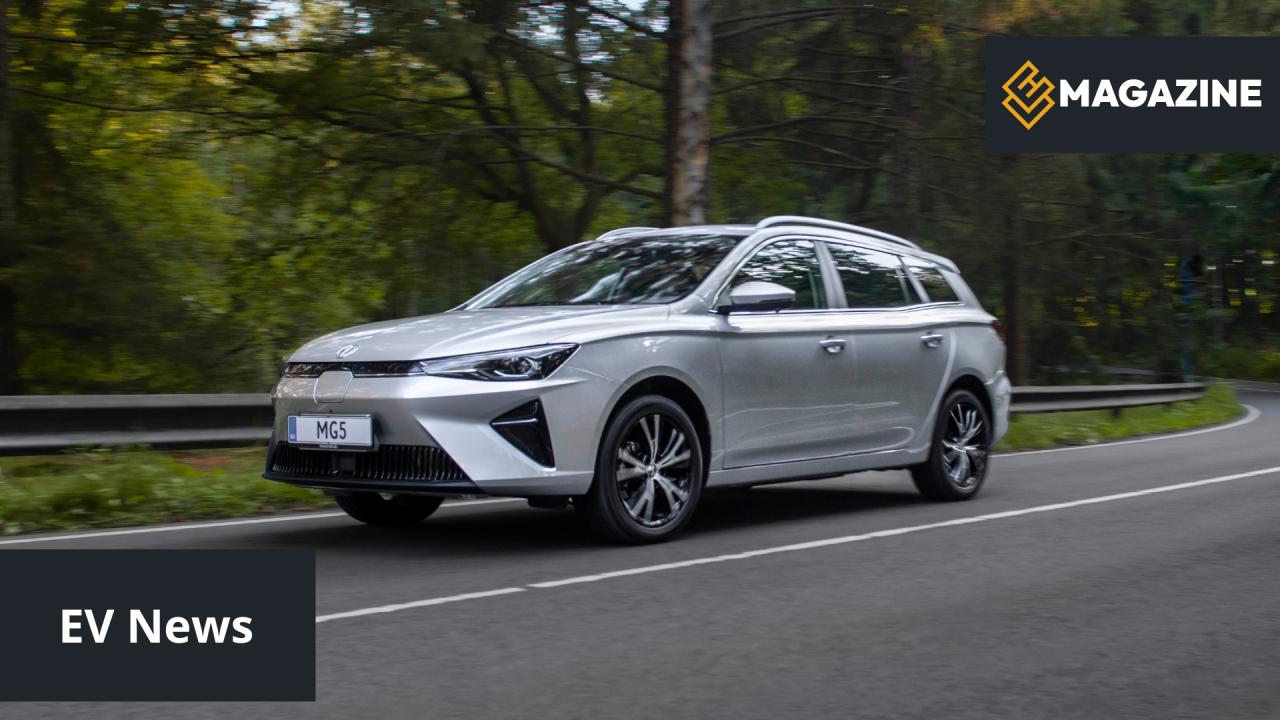SAIC Group, China's largest automaker, is facing a dramatic decline in production and sales in 2024. August results reveal that SAIC's key partners, Volkswagen (VW) and General Motors (GM), have experienced significant reductions in production and sales, which has substantially contributed to SAIC's own problems. While competition in the electric vehicle sector is gaining strength, traditional brands like VW and GM are facing serious challenges in China.
SAIC Group, Volkswagen (VW), and General Motors (GM) collaborate through joint ventures in China, which directly impacts SAIC's results in 2024. These joint ventures are crucial for vehicle production and sales in China, meaning that any decline in VW's or GM's performance negatively affects SAIC.
Volkswagen: Significant Decline in Production and Sales
Volkswagen, one of SAIC's main partners, reported a 24.67% decrease in production in August 2024 compared to the same period last year, while sales fell by 22.75%. This decline is further evidence that VW is struggling to maintain its position in the Chinese market, which is increasingly dominated by electric vehicles. Chinese consumers are moving away from traditional combustion engines and preferring more modern electric cars, which significantly impacts not only VW itself but also its Chinese partners, such as SAIC.
SAIC and Volkswagen jointly operate SAIC Volkswagen, which is one of the largest automotive manufacturing enterprises in China. This venture focuses on the production and sale of Volkswagen, Škoda, and Audi brand vehicles. The decline in Volkswagen's sales and production in China therefore has a direct impact on SAIC. Volkswagen, which has traditionally been one of the most popular car manufacturers in the Chinese market, has faced tough competition in the electric vehicle segment in recent years, leading to a decline in sales of its traditional combustion engine vehicles.
General Motors: Threat of Excess Capacity
General Motors is experiencing an even deeper crisis. GM's production in China fell by a staggering 82.87% in August, and sales decreased by 81.98%. This decline is shocking and suggests that GM is already losing its ability to compete in the Chinese market, where it was once a leader. GM has a huge production capacity in China exceeding 2 million vehicles annually, but is currently selling only 15,000 cars per month. This disparity between capacity and demand creates major financial problems and raises questions about how long GM can survive in the Chinese market.
Additionally, GM is confronted with growing competition from Chinese electric vehicle brands that are rapidly taking over market share. This situation, where GM is being "pushed out of China" as many experts state, shows that even traditional automotive giants can face existential problems in a time when the market is rapidly changing towards electrification and sustainable technologies.
Brief Overview of SAIC Group Results for August 2024
- SAIC Volkswagen:
- Production decreased by 24.67% compared to August 2023.
- Sales decreased by 22.75% in the same period.
- Total production in 2024: 683,910 vehicles, representing a 4.58% decrease compared to the previous year.
- SAIC General Motors:
- Production decreased by 82.87%, sales by 81.98%.
- Year-to-date production reached 235,430 cars, a 62.18% decrease compared to last year.
- SAIC-GM-Wuling:
- Production decreased by 27.10%, sales by 30.12%.
- Sales decline for the entire year 2024 is 17.94%.
- SAIC Motor Passenger Vehicle Company (SAIC's own brand):
- Production decreased by 47.16%, sales by 45.11%.
- In August 2024, it sold 85,000 vehicles, a decrease from 110,033 last year.
- SAIC-GM-Wuling (India):
- Production decreased by 50.61%, sales by 48.21%.
Overall Impact on SAIC
Due to the decline of partners like VW and GM, SAIC finds itself in serious trouble. Overall, the company's production in August 2024 decreased by 39.39%, while sales fell by 39.14%. This means that SAIC is producing and selling almost half as many vehicles as it did a year ago. This decline is significantly influenced by the problems of its partners, but also by SAIC's inability to transition quickly enough to electric vehicle production and compete with new Chinese players who dominate the electric vehicle segment.
The results for August 2024 show that SAIC is facing a deep crisis. The decline in sales and production of Volkswagen and General Motors significantly contributes to the problems this Chinese automaker is facing. In a situation where competition from Chinese electric vehicle brands is growing and consumers are increasingly moving away from traditional cars, it will be crucial for SAIC and its partners to reassess their strategy if they want to survive in the Chinese market.

